It is necessary to continue to shorten the time for examining applications for trademarks, patents, and industrial designs.
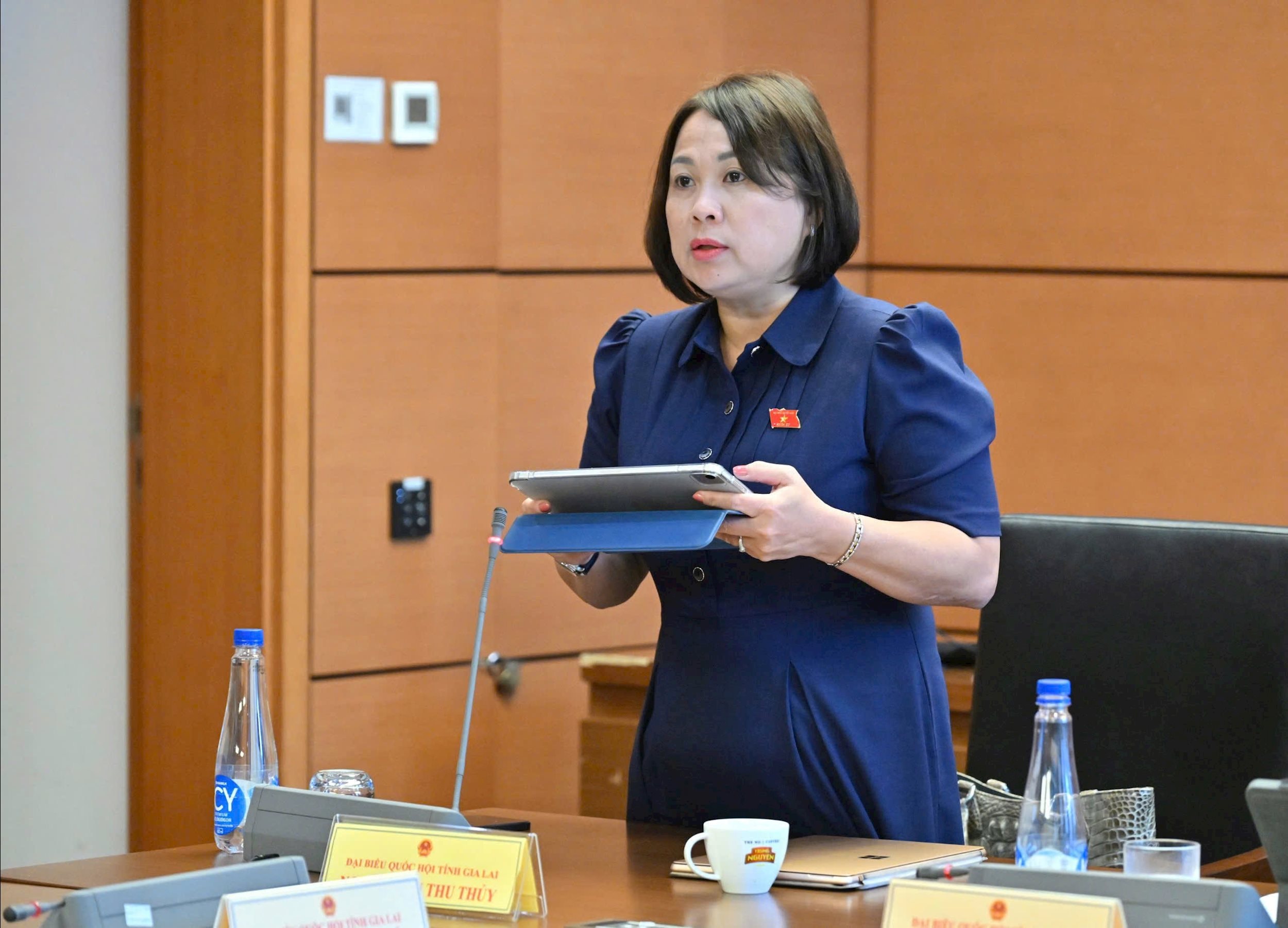
According to delegate Nguyen Thi Thu Thuy, although the Intellectual Property Law was amended in 2022, adding Article 198a on handling infringements in the online environment, the actual implementation still faces many difficulties. Proving copyright and damages in the digital space is very complicated, while administrative sanctions are still light and not enough of a deterrent.
Currently, many websites illegally use movies, photos, and even counterfeit and imitate registered intellectual property brands, causing confusion for consumers and causing great damage to the reputation and finances of businesses. However, the boundary between administrative sanctions and criminal prosecution in these cases is not yet clearly defined, making it difficult to protect the rights of intellectual property owners.
According to the delegate, although the draft Law on Intellectual Property (amended) has regulated this issue in Article 74 on the distinctiveness of trademarks and Point a, Clause 3a, Article 114 on the examination of the content of industrial property registration applications, in reality, the control of online content and protection of copyright on digital platforms is still ineffective.
“Therefore, the draft Law needs to supplement stronger mechanisms and sanctions to prevent violations of intellectual property rights in the digital environment,” National Assembly Deputy Nguyen Thi Thu Thuy suggested.
In addition, the delegate said that the time for examining applications for trademarks, patents, and industrial designs (Article 119) has been shortened from 5 to 12 months compared to the old regulations, but it is still long. The delegate suggested further shortening the processing time to create more favorable conditions for applicants, promptly meet the needs of businesses and society, and at the same time be consistent with the spirit of Resolution 68-NQ/TW of the Politburo on private economic development.
“The situation of “pre-registration - post-use” is still common, causing damage to legitimate rights holders, especially in the era of digital technology and rapidly developing artificial intelligence (AI) as today. I suggest that the drafting agency consider reducing the registration and approval time, creating more favorable conditions for businesses and individuals in this field,” delegate Thuy emphasized.
Concerns about intellectual property rights with AI products
One issue that National Assembly deputies are concerned about is intellectual property rights for AI products, especially issues related to rights holders and the use of data to train and develop AI - contents that are being hotly discussed internationally but still lack consensus.
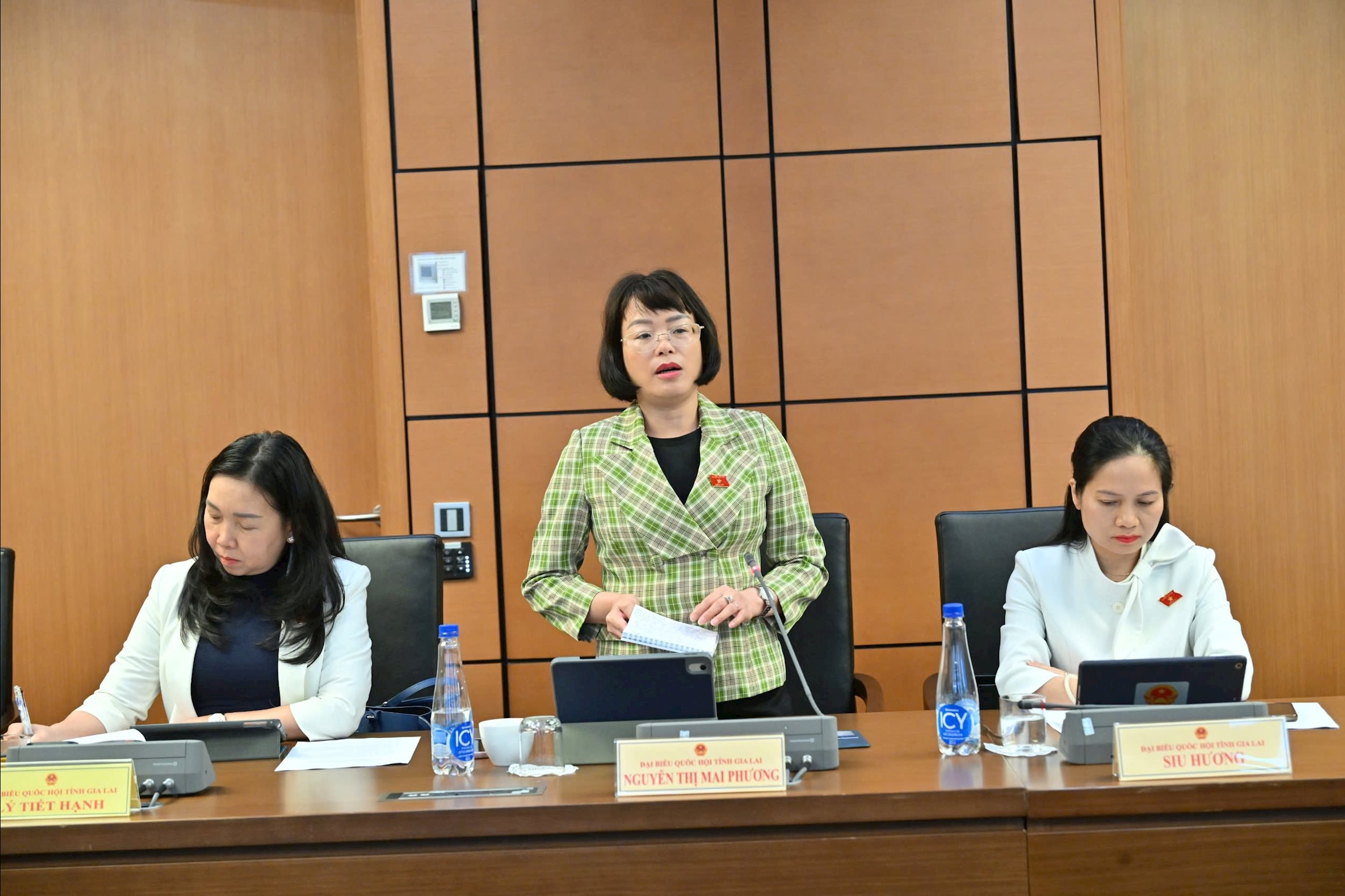
National Assembly Deputy Nguyen Thi Mai Phuong (Gia Lai) said that this issue was raised during the revision of the Intellectual Property Law in 2022. At that time, the Government said that the legal regulations on intellectual property rights for AI-created products were still unclear, and the international community did not have a unified approach. Therefore, this content was not included in the Law at that time.
In this revised draft, the Government has initially mentioned intellectual property rights related to AI.
Specifically, the draft Law stipulates: “Organizations and individuals are allowed to use legally published documents and data and the public is allowed to access them for the purpose of researching, training and developing artificial intelligence systems, on the condition that they do not copy, distribute, transmit, publish, create derivative works or commercially exploit the original documents and data and do not cause damage to the legitimate interests of the author or owner according to the provisions of this Law and other relevant laws.”
However, according to delegate Mai Phuong, these regulations are not really harmonious, easily leading to disputes over rights and interests between the parties. Therefore, it is necessary to carefully consider integrating this content into the Intellectual Property Law. The delegate believes that this content can be regulated in the Artificial Intelligence Law, which is also considered by the National Assembly in this Session, to regulate new issues more fully and comprehensively.
Sharing the same view, National Assembly member Nguyen Thi Thu Thuy said that the emergence of artificial intelligence (AI), blockchain and big data poses many new legal challenges that the current Law has not fully addressed, especially the issue of works created by AI or rights to non-personal data. The delegate recommended that it is necessary to study and supplement regulations on the protection of works created by AI, rights to digital data, as well as mechanisms to protect intellectual property in cyberspace.
“The draft Law on Intellectual Property (amended) has raised this issue, however, sharing the same view as delegate Mai Phuong, I think that we should consider whether to stipulate it in the draft Law on Artificial Intelligence to more fully regulate new fields in the process of development, movement and transformation”, delegate Nguyen Thi Thu Thuy stated. At the same time, the delegate proposed to refer to the experience of the EU, Japan and South Korea in building a legal framework for non-traditional intellectual property such as algorithms, user interfaces or digital product design.
Delegate Thuy also emphasized that the Intellectual Property Law is a difficult specialized law, but it is directly related to all individuals and businesses. Therefore, it is necessary to interpret the legal language clearly and easily, ensuring transparency and feasibility in practical implementation.
Source: https://daibieunhandan.vn/de-xuat-rut-ngan-thoi-gian-tham-dinh-quyen-so-huu-tri-tue-de-tao-thuan-loi-cho-nguoi-dan-doanh-nghiep-10394589.html


![[Photo] Prime Minister Pham Minh Chinh receives the delegation of the Semiconductor Manufacturing International (SEMI)](https://vphoto.vietnam.vn/thumb/1200x675/vietnam/resource/IMAGE/2025/11/06/1762434628831_dsc-0219-jpg.webp)


















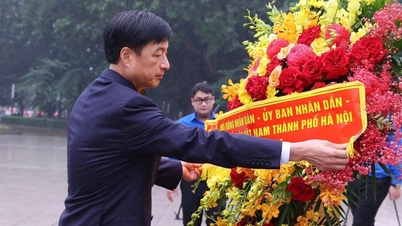



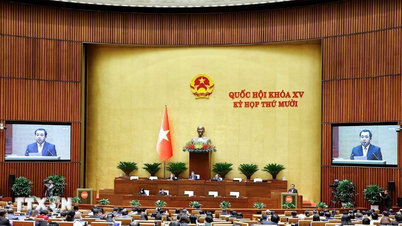
![[Video] Contributing to perfecting the country's major policies](https://vphoto.vietnam.vn/thumb/402x226/vietnam/resource/IMAGE/2025/11/07/1762475739788_du-thao-van-kien-5427-jpg.webp)







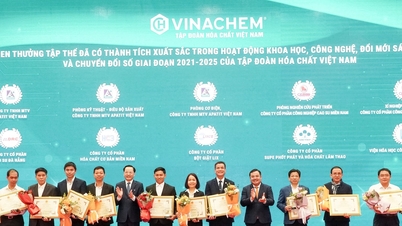
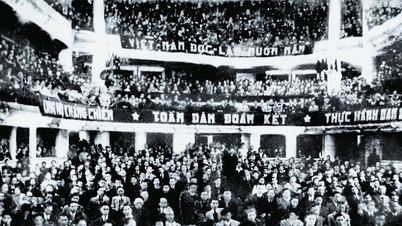

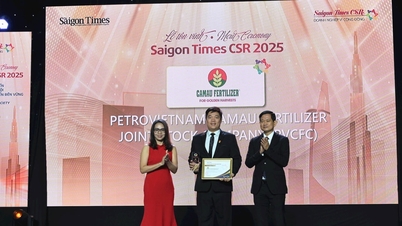


















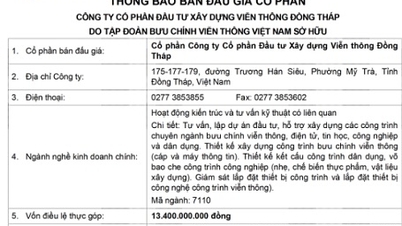


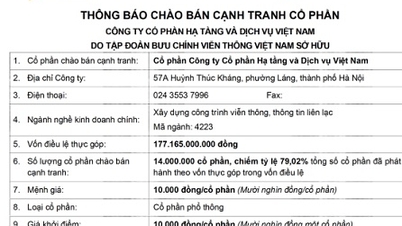














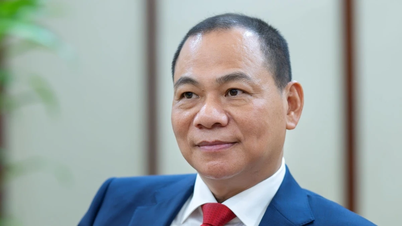
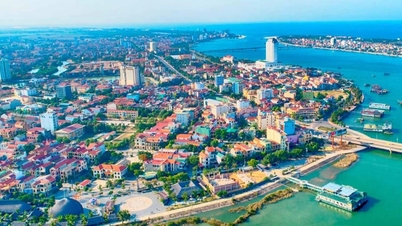







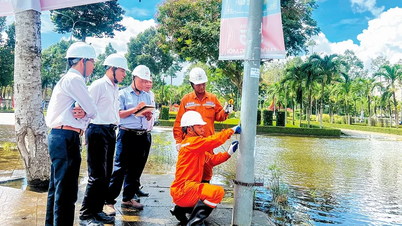







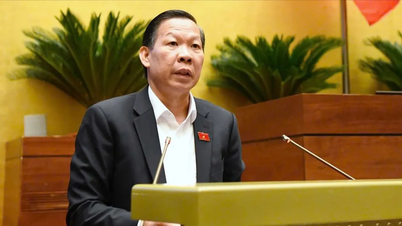













Comment (0)